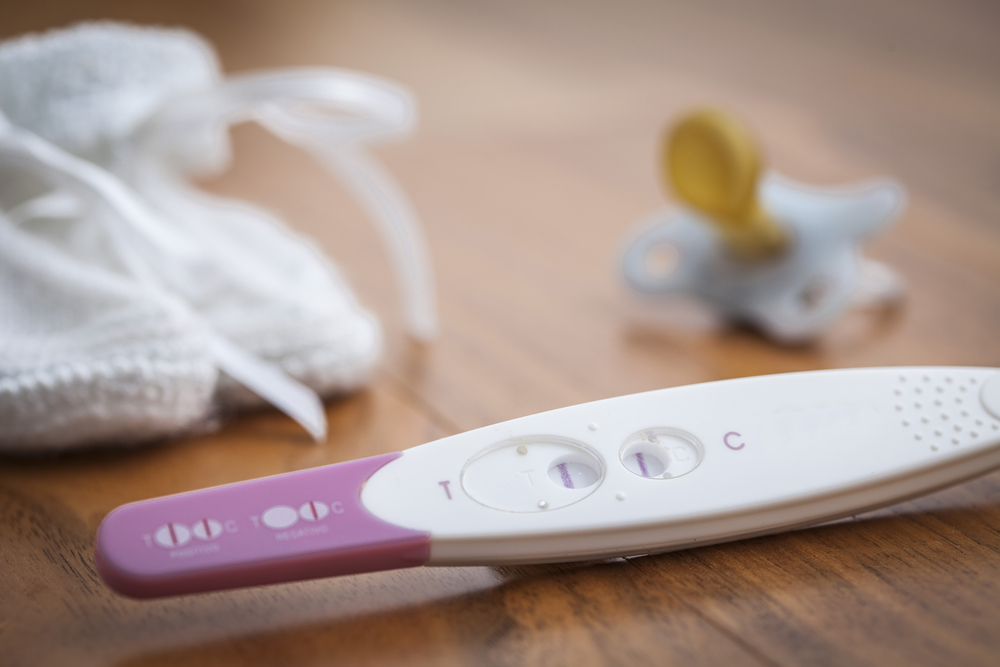Max Levchin, best known as a cofounder of PayPal, has been concentrating these days on a much more intimate topic: fertility.
Levchin and Mike Huang have founded Glow, which hopes to bring data science to health care. The company released an iPhone app of the same name on Thursday that attempts to help couples conceive by asking them to track such data as the time of the month, their mood, and even their sexual positions. Glow then analyzes that information and, based on medical literature and data collected from other users, tries to suggest the optimal circumstances for conception. The idea is that over time, as more people use it and enter their data, Glow’s predictions about when couples are most likely to conceive will grow more accurate. The app is free, but users are being asked to contribute to a community fund for couples seeking fertility treatments.
Levchin, who created Glow through his big-data-focused investment fund/incubator, HVF (which stands for “hard, valuable, fun”), told MIT Technology Review IT editor Rachel Metz why he sees an opportunity in fertility.
Why did you create an app to help women conceive?
We settled on infertility largely because it’s an area that’s almost entirely not covered by traditional health insurance. The real reason we got into this is to ultimately attack the health-care cost problem, not just help people have babies—even though that’s a pretty noble goal—and so there’s an optional program inside Glow called Glow First, which is basically a mutual health fund. If you choose to contribute $50 [a month] for up to 10 months, if you do not get pregnant, you receive a proportionate amount of the fund at the end of the 10-month period, contributed by everyone that did or did not get pregnant. [The payout would be sent for the couple’s benefit to a fertility treatment center.] So essentially, it’s crowdfunding for babies. That’s it in a nutshell. The long-term goal is to apply this approach to many other segments in health care.
There is some technology behind Glow, though. How does it use machine learning to help women get pregnant?
We’re trying to forecast a function, in pure math terms, that’s been relatively well studied. So there’s a good amount of medical literature that we can use to make some basic assumptions. We know that the majority of published literature addresses the average experience—obviously not well-tuned for a person. So we started with that and then we used the data from our 250 or so beta testers to start figuring out what the signals are, how to fine-tune them, before individualizing the fertility-cycle prediction. And as we bring on new cohorts of users, we can feed information back into the learning process.
How accurate could Glow get over time?
Eventually, it would be pretty amazing if we could say your egg will drop this hour or this minute. We’re not there yet. But [the collection of user data] and emergence of new passive sensors—that’s going to make a real difference. We’re talking to a whole bunch of people designing these inexpensive, wear-them-all-the-time BBT [basal body temperature] thermometers. Once we get there, I think it will be pretty amazing what we’ll be able to do.
![]()

